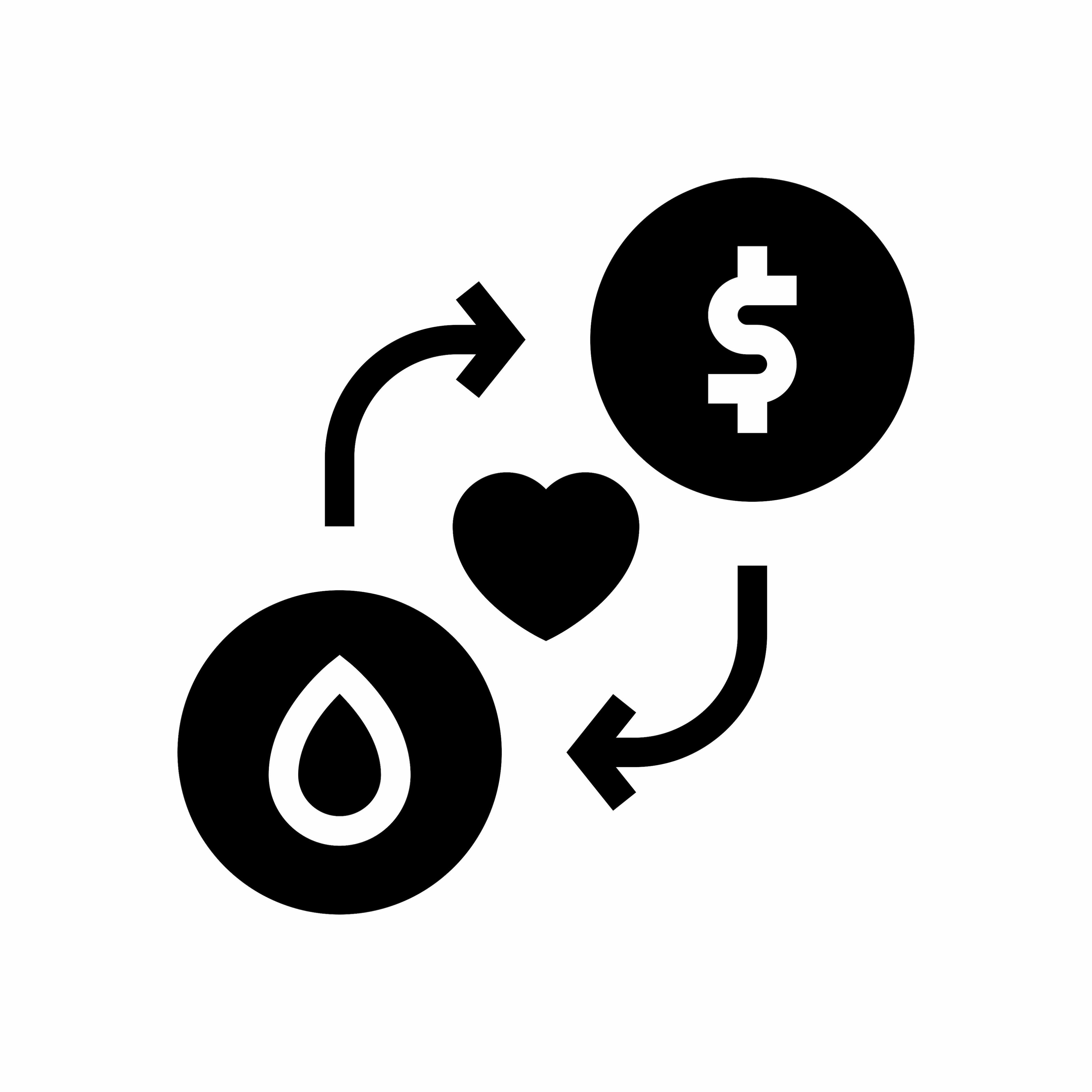3 Types of Questions to ASK at a Job Interview!
Ace Your Next Interview: Master Key Questions
Picture yourself at the end of a successful job interview.
The interviewer asks if you have any questions.
This isn't just routine – it's your chance to stand out.
The Importance of Final Questions Abby from Life Work Balance on YouTube emphasizes that not asking questions is a missed opportunity, like a cake without icing.
Cultural-Based Questions: Use these to gauge if the company's culture aligns with your values. Ask about the organization's environment and challenges.
Example: "Can you describe a recent challenge and how it was tackled?"
Role-Specific Questions: Understand your potential role better by asking about daily tasks, expectations, and goals for the first few months.
Example: "What does success look like in the first 90 days?"
Hesitation Questions: Address any potential doubts about your suitability. This shows confidence and willingness to tackle challenges.
Example: "Do you have any concerns about my fit for this role?"
Why It Works
Engagement:Shows deep interest in the role and the company.
Mutual Benefit:: Helps assess if the role is right for you, preventing future dissatisfaction.
Memorable Impression:: Sets you apart from other candidates.
Avoid the Basics Don't ask something a quick Google search could answer. And never say you have no questions – it's a missed chance to impress.
In Summary In your next interview, use Abby's advice to ask strategic, insightful questions. These not only demonstrate your preparation but also turn the interview into a meaningful dialogue. Remember, the right questions could unlock your dream job. Watch Abby's video on Life Work Balance for more insights.
Step-by-Step Guide: Using ChatGPT to Follow Job Interview Advice
Leveraging ChatGPT to prepare for a job interview can be a game-changer. Here's how to use this AI tool to implement the advice from the Life Work Balance YouTube video:
Step 1: Initial Setup with ChatGPT
1.1. Introduce Your Goal: Begin by explaining to ChatGPT what you're trying to achieve. For example:
"Hi ChatGPT, I need help preparing questions for the end of my job interview based on advice from a video I watched. The video emphasizes asking cultural-based, role-specific, and hesitation questions."
1.2. Provide Your Resume: Uploading or sharing a copy of your resume can help ChatGPT understand your background and tailor the questions more specifically to your experience.
1.3. Share the Job Details: Include the job title, description, company name, industry, and a brief description of the company. This information will help ChatGPT contextualize your questions.
Step 2: Interacting with ChatGPT
2.1. Cultural-Based Questions: Ask ChatGPT to generate questions that will help you understand the company culture. For instance:
"Based on the company's industry and my background in [your field], can you suggest some cultural-based questions I could ask in my interview?"
2.2. Role-Specific Questions: Inquire about role-specific questions that relate directly to the job description and your resume. Prompt ChatGPT with:
"Considering the responsibilities listed in the job description and my experience in [your experience areas], what role-specific questions should I ask?"
2.3. Hesitation Questions: These are tricky but crucial. Ask ChatGPT:
"Can you help me formulate some hesitation questions that will allow me to address any potential concerns the interviewer might have about my candidacy?"
Step 3: Review and Refine
3.1. Review the Suggestions: Go through the questions ChatGPT provides and think about how each one fits into your overall interview strategy.
3.2. Refine if Necessary: If you feel certain questions need tweaking to better suit your style or the specific job, ask ChatGPT to modify them.
Step 4: Mock Interview Practice
4.1. Practice with ChatGPT: Use ChatGPT to conduct a mock interview. Feed it your questions and practice responding to the types of answers you might receive.
4.2. Ask for Feedback: After the mock interview, ask ChatGPT for feedback on your questions and responses. This could be in terms of clarity, relevance, or how engaging your questions are.
Step 5: Final Preparation
5.1. Compile Your Questions: Gather all the final questions in an organized manner, ready for your interview.
5.2. Mental Preparation: Use ChatGPT to discuss any last-minute jitters or get tips on staying calm and composed during the interview.
Conclusion
By following these steps with ChatGPT, you'll be well-prepared to ask insightful and strategic questions at the end of your job interview. This approach doesn't just show your interest and preparation; it also gives you a valuable perspective on the role and the company, ensuring a two-way fit. Good luck!

Ryan Kay
Helping people get the career of their dreams!
Related articles

Side Hustles 101: How to Build Your Skills and Earn Extra Cash Without Quitting Your Day Job
Discover the benefits of having a side hustle, and learn how to find the right side hustle for you based on your skills and interests! We'll provide you with practical examples and tips on how to build your side hustle while working your 9-5 job, so you can achieve your goals without sacrificing your financial stability.

Make an Extra $900 per Month: Earn Money with Plasma Donations
Learn how you too can make some extra cash by donating plasma. Read this blog post to discover my experience at BioLife Plasma and how you can get up to $900 in the first month. Plus, watch my video where I share all the details on what it's really like to donate plasma. Don't miss out on this easy and fast side hustle opportunity!